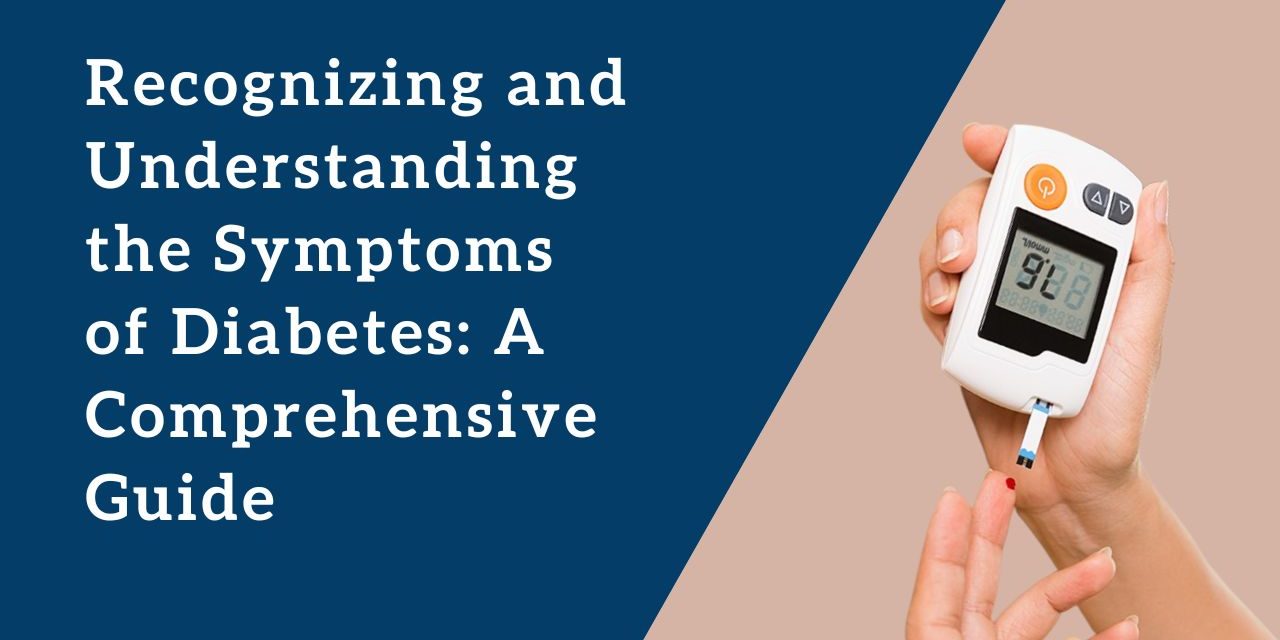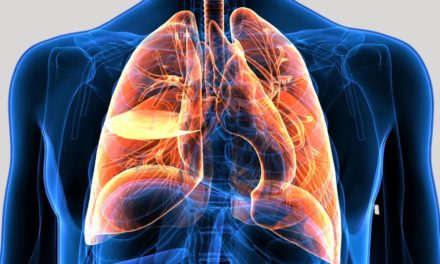Introduction:
Diabetes is a chronic condition affecting millions of people globally. It occurs when the body either does not produce enough insulin or is unable to use insulin effectively. It is very important to recognize the symptoms of diabetes for early diagnosis and timely treatment. In this blog post, we will review the different symptoms of diabetes, both type 1 and type 2, to help you understand and recognize the warning signs.
Frequent urination:
Excessive urination, known as polyuria, is a common symptom of diabetes. When blood sugar levels are high, the kidneys work to remove excess glucose from the body through urine. If you find yourself urinating more often than usual, especially at night, this may be a sign of diabetes.
Increased thirst:
Excessive thirst, or polydipsia, often accompanies frequent urination in diabetes. As the body loses fluids through increased urination, it tries to compensate by activating thirst signals. If you don’t feel thirsty despite drinking plenty of fluids, it could be a sign of diabetes.
Unexplained weight loss:
Sudden and unexplained weight loss can be a sign of undiagnosed diabetes, especially type 1 diabetes. When the body is unable to use glucose for energy due to insufficient insulin, it begins to break down muscle and fat for fuel, leading to weight loss.
Fatigue and weakness:
Persistent fatigue and weakness can be early symptoms of diabetes. When cells are deprived of glucose due to insulin resistance or insufficient insulin production, the body struggles to produce energy, resulting in feelings of fatigue and weakness.
Increased appetite:
In diabetes, especially type 2 diabetes, the body may not be able to use glucose effectively for energy. This can lead to persistent hunger even after meals. If you find yourself constantly craving food and experiencing severe hunger pangs, it’s important to consider the possibility of diabetes.
Blurred vision:
High blood sugar levels can affect the lens of your eye, causing blurry vision. If you experience sudden changes in your vision or difficulty concentrating, it is important to check your blood sugar levels.
Slowing down of wounds:
Elevated blood sugar levels can impair the body’s ability to effectively heal wounds. If your wounds, sores, or infections are slow-healing, this could be a sign of diabetes.
Numbness and Irritation:
Diabetic neuropathy, a form of nerve damage, is a common complication of diabetes. It often manifests as numbness, tingling, or burning sensations in the hands and feet. If you are experiencing these symptoms, it is important to consult a healthcare professional.
Result:
Recognizing the symptoms of diabetes is crucial for early diagnosis and prompt management. If you experience any of the above symptoms, it is important to consult your healthcare provider for proper diagnosis. Remember, early intervention and proper treatment can help prevent complications and improve the quality of life of people living with diabetes.
DISCLAIMER: This blog post is for informational purposes only and should not be considered medical advice. If you suspect you have diabetes or any other health condition, please consult a qualified healthcare professional.










